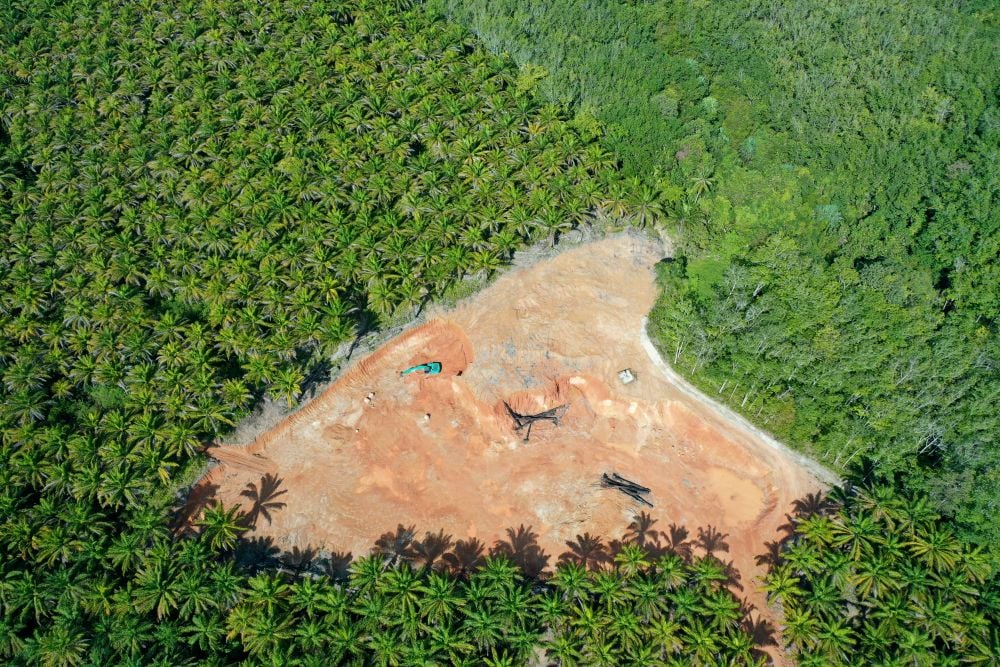BMO Global Asset Management has announced that it has lowered the fees it charges for creation and redemption of its ETFs listed in Hong Kong, effective 13 September. The change, which also involves reduction of minimum unit size for creation or redemption, is intended to make it easier for investors to tap into the primary liquidity of the ETFs.
"We are the first to bring it down that low," says Clarence Chan, head of ETF and beta investments at BMO GAM. The company accomplished it by negotiating a reduction of fees it pays to Cititrust Limited, which serves as the trustee for its seven funds listed in Hong Kong.
The fee, which the fund manager charges participating dealers, is now 5 bps, capped at HK$12,000 per transaction. Prior to the reduction, BMO charged a flat fee of HK$15,000 per transaction, which translated to 20-30 bps for a minimum unit size.
The minimum size of creation/redemption units was reduced from 500,000 or 1,000,000 shares, depending on the fund, to 100,000 shares in cash creation/redemption transactions. In-kind transaction limits remain, mostly, at the previous higher levels.
The industry standard in Hong Kong, according to Chan, is to charge flat creation/redemption fees ranging from HK$10,000 to HK$16,000, while the minimum creation/redemption basket is usually around USD 1 million. This translates to 10-20 bps for a minimum transaction.
As market makers and participating dealers face increased balance sheet constraints imposed after the Global Financial Crisis of 2008, large sizes of creation/redemption baskets have become a cause of friction in the ETF primary market. There has been pressure to lower the basket sizes and the transaction costs, but not much significant progress had been done until now, says Chan.
"There was initially scepticism that this can be done," he says. "Now everyone welcomes it because it allows them to hold less inventory, less constraint on their end, it also allows them to narrow the spread on pricing ETFs."
The flat fee charged for creation and redemption is a legacy of the early days of ETFs in Hong Kong. Fund managers use the fee to cover trustee and custody costs involved in executing the transaction. Most of those operational costs don't vary with the size of transaction.
Fund managers in other markets however, including BMO's home market Canada, charge a percentage of the transaction's value. Chan says that BMO's decision to implement the new scheme for its funds in Hong Kong brings them in line with global practices.
Chan hopes to start a trend in the territory that will reduce ETF costs and improve liquidity across all the products. "Now that we've done it," he says, "I would presume that other ETF managers will try to adopt similar pricing."









